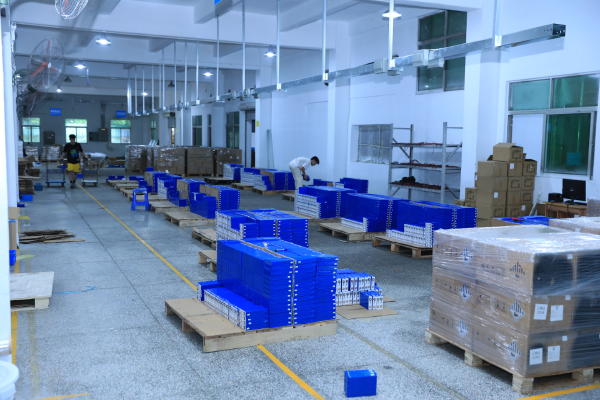Lithium batteries have emerged as a transformative technology, revolutionizing various industries with their lightweight design, high energy density, and long-lasting performance. From powering our everyday devices to driving the electric vehicle revolution, lithium batteries have found widespread applications. This comprehensive exploration delves into the diverse uses of lithium batteries, highlighting their pivotal role in shaping modern technology and sustainable energy solutions.

1. Consumer Electronics:
One of the most ubiquitous applications of lithium batteries is in consumer electronics. From smartphones and laptops to cameras and smartwatches, lithium batteries power the devices that have become essential in our daily lives. Their compact size, high energy density, and ability to provide a consistent power supply make them ideal for portable electronic gadgets.
2. Electric Vehicles (EVs):
The electric vehicle industry owes much of its growth to lithium batteries. Lithium-ion batteries, in particular, have become the standard energy storage solution for electric cars, providing the high energy density required for extended driving ranges. The widespread adoption of lithium batteries in EVs is a key driver in the transition towards sustainable transportation.
3. Renewable Energy Storage:
Lithium batteries play a crucial role in storing energy generated from renewable sources such as solar and wind. These batteries enable efficient energy storage, allowing excess energy generated during peak times to be stored and used during periods of low renewable energy production. Lithium batteries contribute to the development of reliable and sustainable energy grids.
4. Medical Devices:
In the medical field, lithium batteries power a wide range of devices, from portable diagnostic equipment to life-saving implants. The compact size and long-lasting performance of lithium batteries make them ideal for applications such as pacemakers, defibrillators, and various monitoring devices. Their reliability is paramount in ensuring the functionality of critical medical equipment.

5. Aerospace and Aviation:
Lithium batteries have found applications in the aerospace and aviation industries, powering everything from satellites and drones to electric aircraft. The lightweight nature of lithium batteries is particularly advantageous in aerospace applications, where minimizing weight is crucial for fuel efficiency and overall performance.
6. Portable Power Tools:
Professionals and DIY enthusiasts rely on lithium batteries to power a variety of portable tools. Cordless drills, saws, and other power tools benefit from the high energy density and quick recharge capabilities of lithium batteries, providing convenience and flexibility in various work environments.
7. Uninterruptible Power Supply (UPS) Systems:
Lithium batteries play a vital role in providing backup power in critical applications, such as data centers, hospitals, and emergency response systems. UPS systems equipped with lithium batteries offer a reliable and compact solution for maintaining power during outages, ensuring uninterrupted operations in sensitive environments.
8. Wearable Technology:
The rise of wearable technology, including fitness trackers, smartwatches, and health monitoring devices, has been facilitated by the use of lithium batteries. These batteries provide the necessary power to support the advanced features of wearable devices while maintaining a compact and lightweight design.
9. Marine and Off-Grid Applications:
In marine and off-grid settings, lithium batteries are increasingly used to store and manage energy. Applications range from providing power to boats and yachts to serving as off-grid energy storage solutions for remote locations. The ability of lithium batteries to deliver reliable power in challenging environments makes them a preferred choice.
10. Advanced Electronics and Robotics:
In the realm of advanced electronics and robotics, lithium batteries power a variety of applications. Autonomous robots, drones, and sophisticated electronic systems benefit from the high energy density and rechargeable nature of lithium batteries, enabling extended operation and increased functionality.
11. Tools for Research and Exploration:
In scientific research and exploration, lithium batteries are integral to powering equipment used in field studies, space exploration, and deep-sea missions. Their reliability and energy density make them indispensable for providing power to instruments and devices in challenging environments.
12. Grid-Scale Energy Storage:
Lithium batteries are increasingly utilized for grid-scale energy storage projects. These projects involve large-scale battery installations that store excess energy during periods of low demand and release it during peak demand, contributing to grid stability and flexibility.

The applications of lithium batteries span a vast array of industries, driving innovation and facilitating the transition towards more sustainable and efficient technologies. From empowering personal devices to revolutionizing transportation and energy storage, lithium batteries continue to shape the way we live, work, and explore. As advancements in battery technology persist, the potential for new and transformative applications of lithium batteries remains boundless, promising a future where clean and reliable energy solutions play an even more significant role in our interconnected world.









